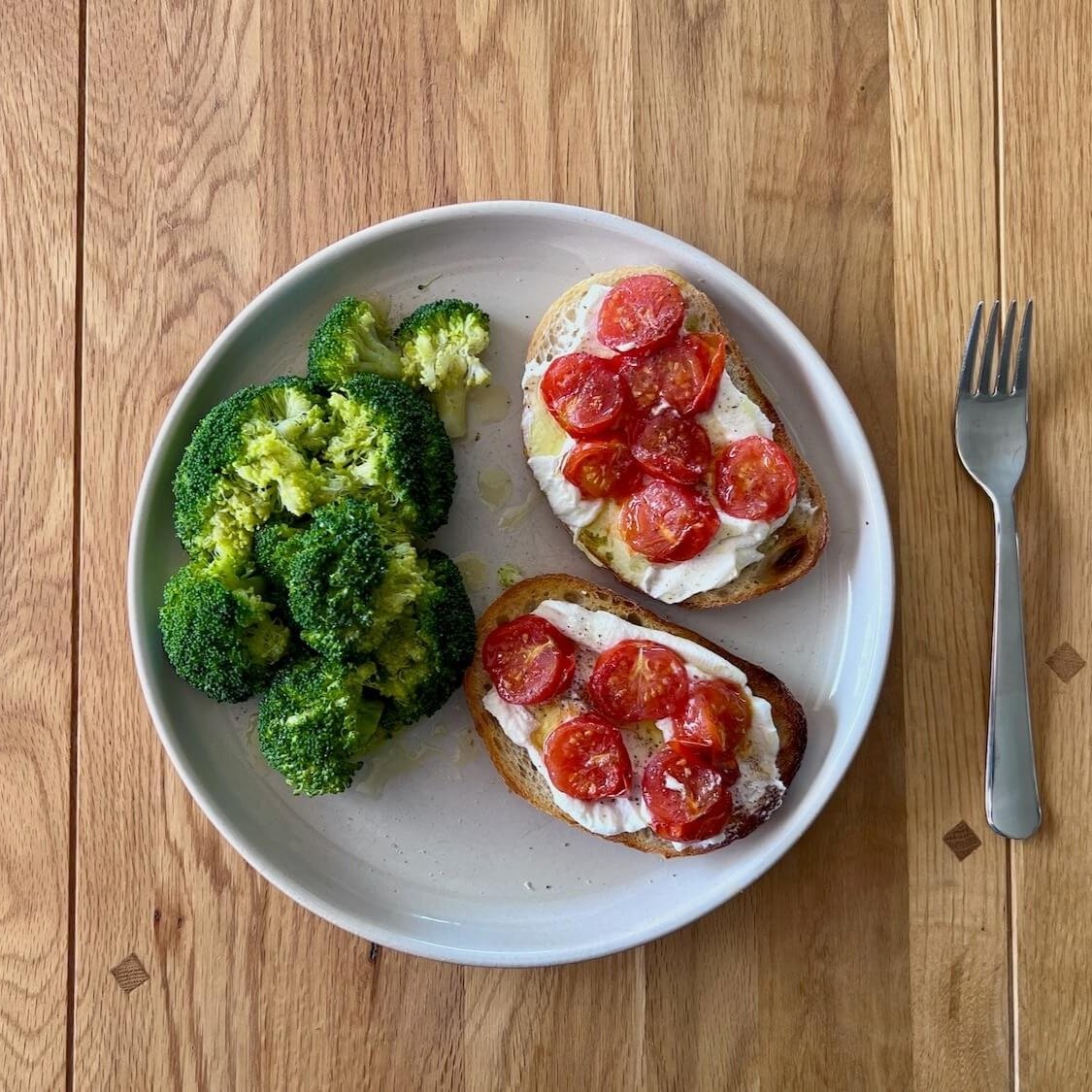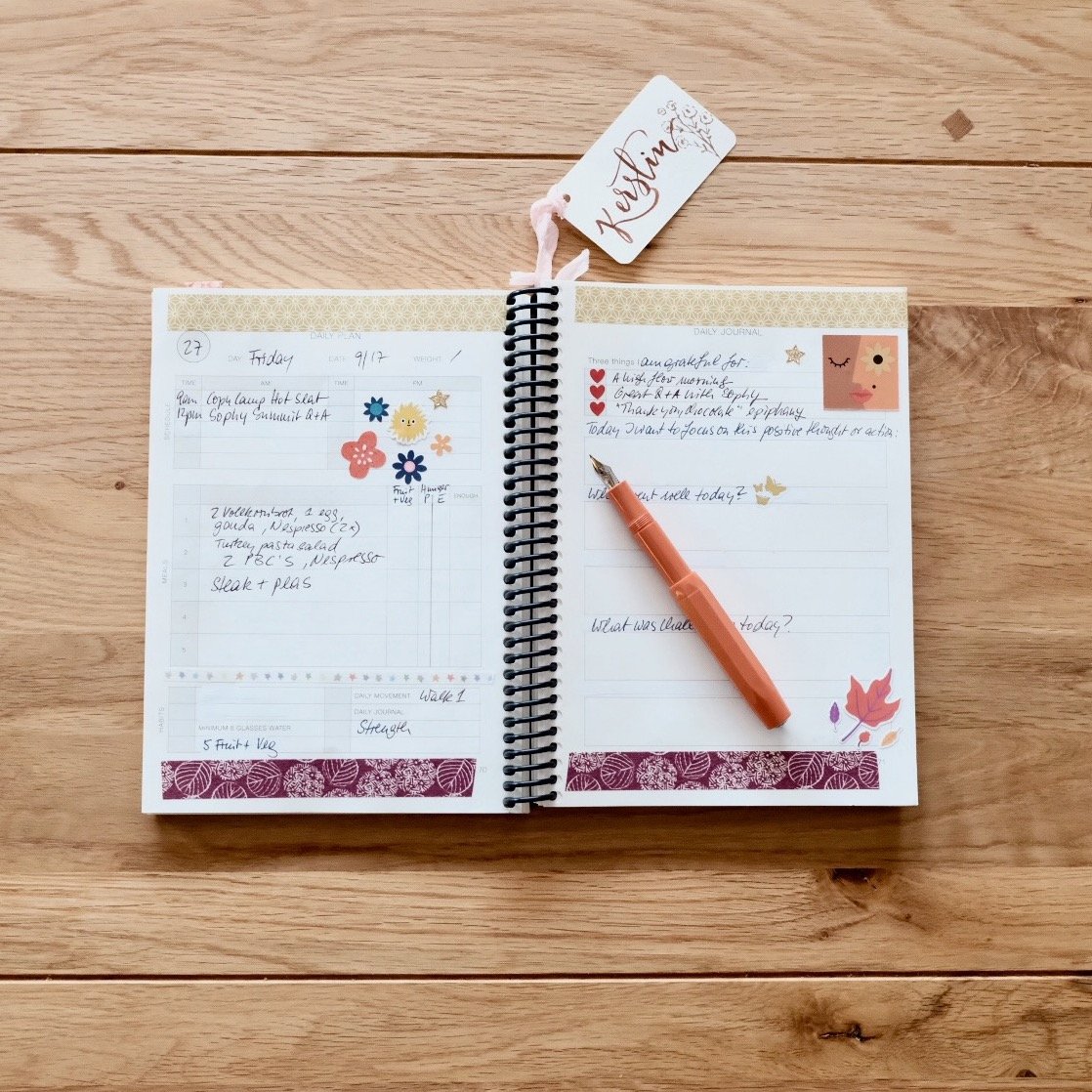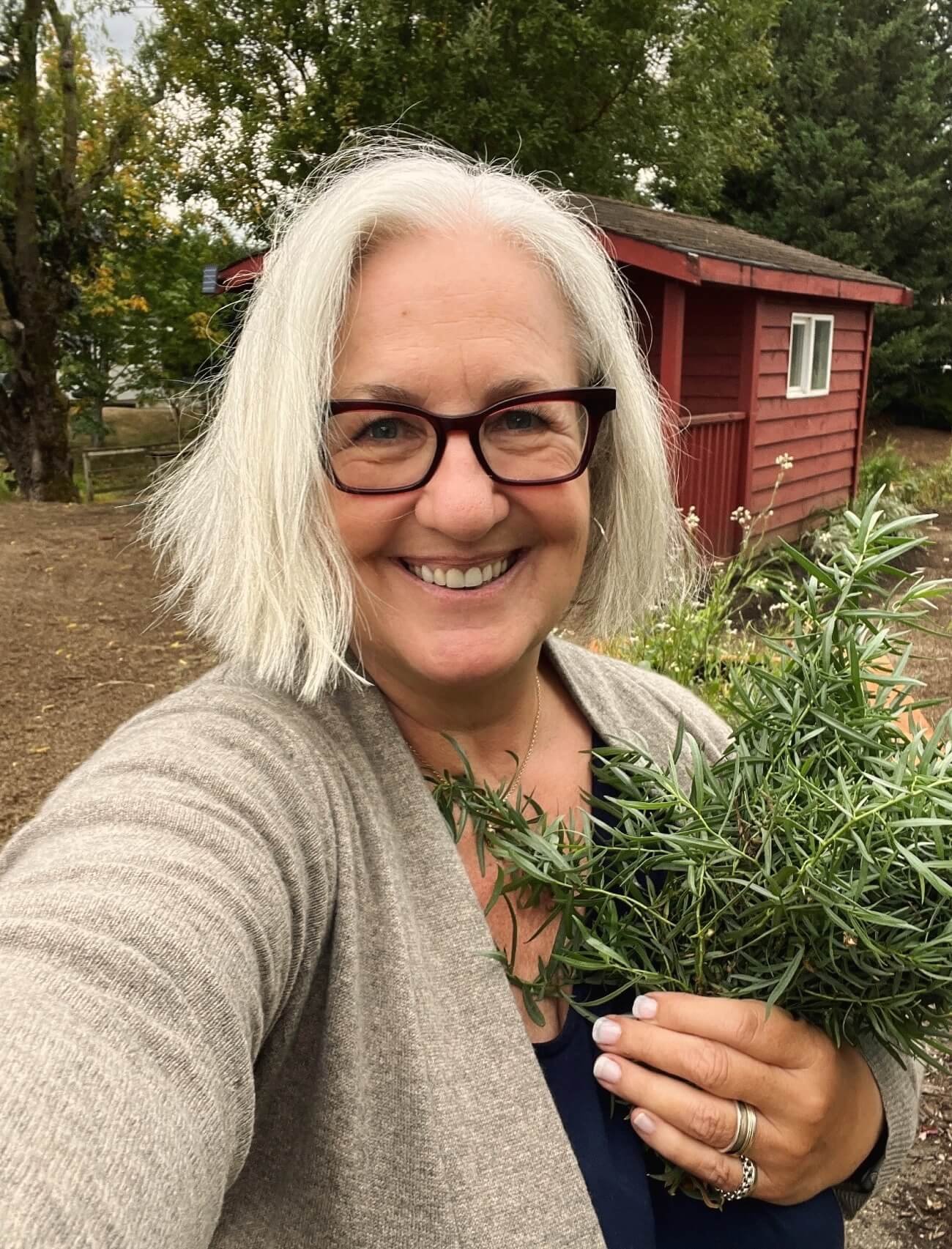Rewriting A Familiar Story
After two decades of losing and regaining the same 40-60 lbs of the same 100 lbs I have to lose, I hit rock bottom when I entered my sixties, and the weight-related health problems started piling up. I had spent years vacillating between the equally harmful diet and anti-diet cultures, looking for solutions for my trauma-induced emotional overeating, which ultimately led to long-term obesity.
In 2025, at age 62, I decided to take back control. In March 2025, I started taking Terzepitide (Zepbound), and it initially helped. However, I stopped again after 12 weeks, because one of the side effects (constipation) aggravated a chronic health condition, and I also didn’t like the emotional numbness I felt. So, I continued on my own, and despite reverting to some of my old habits, I maintained a 30-pound loss. In December—a month that always sees me regain a lot of weight due to the holidays—I decided to go back to calorie counting. It was a fairly spontaneous decision, triggered by two realizations:
Having lost 30 pounds, I felt a bit better, and I didn't want to lose that progress again.
More than the weight and even the health, I wanted to stop feeling so numb all the time. This followed an epiphany I had while visiting one of my favorite seaside parks on a misty-cozy November day, standing in front of a beautiful tree, and I felt a profound sense of emptiness. That’s what happened when emotional eating takes over and I don’t allow myself to feel not just the difficult feelings, but also the good, joyful ones.
This is a journey about establishing doable healthier habits, as well as learning to feel the damn feelings! Which seems to be the key to pretty much anything. So I am on a path to recovering that key and unlocking myself.
My blog is updated every Sunday. Thank you for coming along.
Much love and fortitude,
Kerstin xo
“Willingness to feel is the #1 predictor of eating behavior change. If you have the skills to be with cravings and emotions, and not have to fix them, then you’re in the driver’s seat.”
“The real work lies in the unravelling of decades of last-supper mentality, guilt and resistance, while fostering emotional resilience and gentle healing.”



